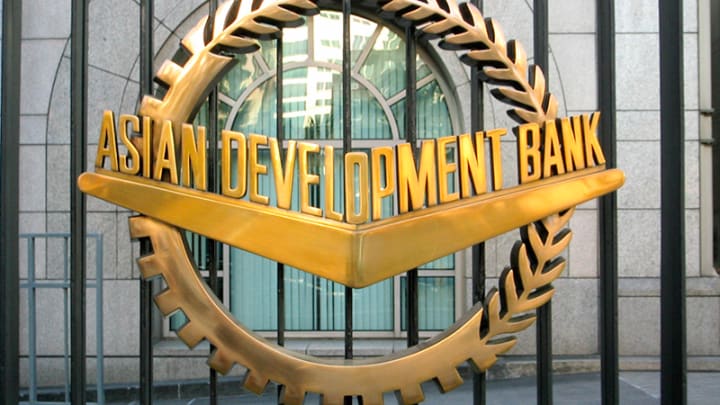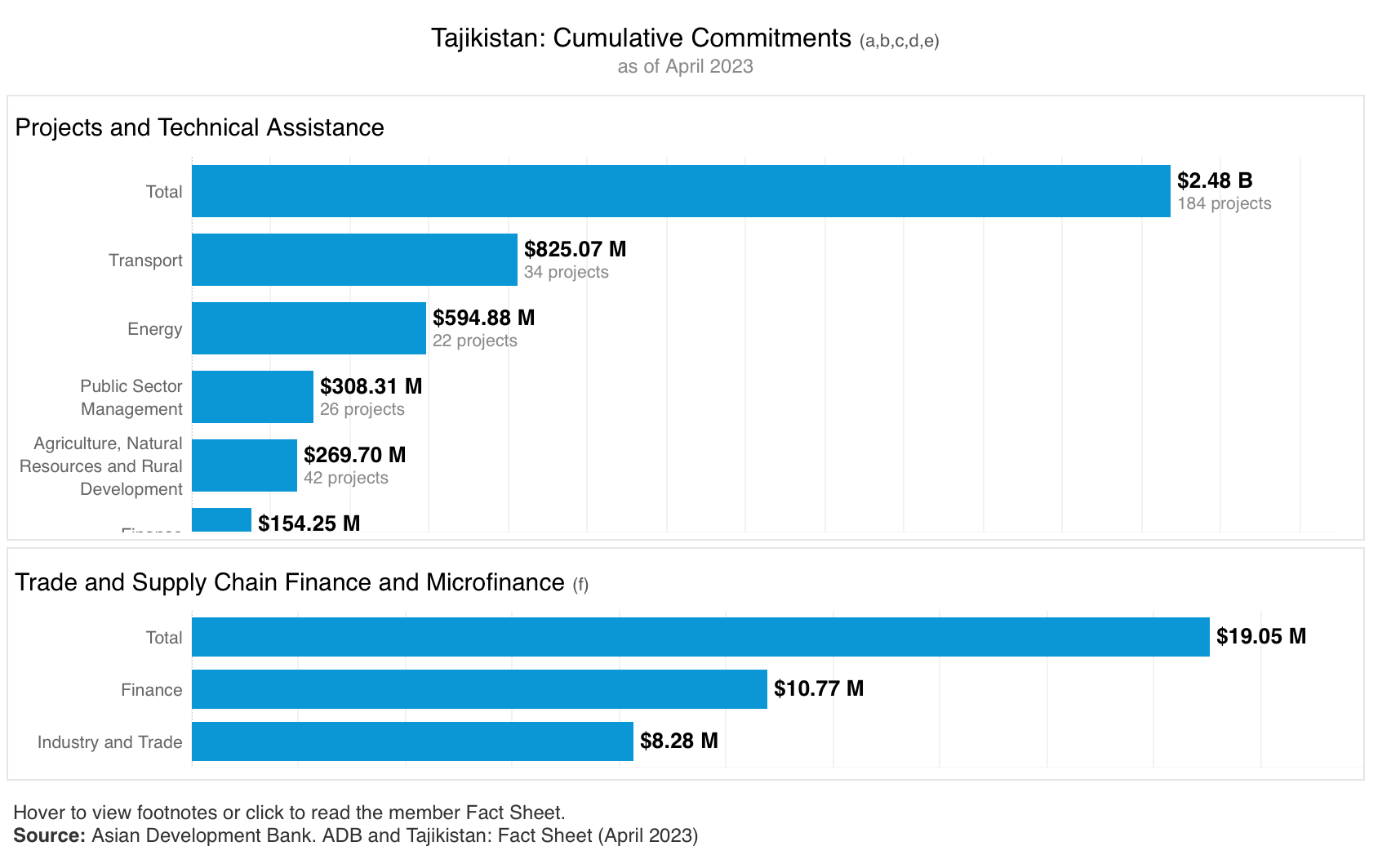The Asian Development Bank (ADB) has greenlit a $40mn grant aimed at fortifying science, technology, engineering, and mathematics (STEM) education in Tajikistan's secondary schools, ADB reported. The funding will not only enhance STEM learning but also integrate climate change awareness and foster greater involvement of girls in STEM studies.

Yevgeniy Zhukov, ADB Director General for Central and West Asia, emphasized the crucial role of STEM education in preparing students for key sectors such as transport, manufacturing, construction, and information technology.
"Enhancing STEM education is vital for preparing students for sectors such as transport, manufacturing, construction, and information and communication technology, which will contribute significantly to poverty reduction and sustainable development in Tajikistan," stated Zhukov.
He also highlighted Tajikistan's vulnerability to climate impacts, emphasizing the need to incorporate climate change knowledge into general education.

The initiative will revamp STEM teaching methodologies for Grades 5–11, employing a skills-based approach to equip students with critical analysis and collaboration skills for real-world problem-solving. STEM teachers will undergo training, learning materials will be modernized, and the facilities of 20 selected schools across four regions will be upgraded. The project will also focus on improving school management and integrating climate change-related topics into STEM curricula and learning materials.
The project is expected to directly benefit 11,500 students, including 5,600 girls, in targeted schools. Additionally, around 4,000 STEM teachers and college students aspiring to become STEM teachers, education officials, school management staff, and communities in project areas will also benefit from the initiative.

ADB Principal Social Sector Specialist Xin Long emphasized the groundbreaking nature of a project in Tajikistan. Long highlighted that the Asian Development Bank (ADB) is the first development partner to address Tajikistan's shortage of STEM teachers, integrate climate change into secondary education, and create an environment that supports girls and women in pursuing STEM fields.
Furthermore, Long outlined plans to incentivize girls' participation by offering stipends and scholarships to those studying at targeted schools and higher education institutions. The project will also prioritize women STEM teachers and teacher candidates for information and communication technology courses.
Tajikistan and ADB Relations
Since 1998, the ADB has been actively engaged in a collaborative partnership with Tajikistan. Aligned with the objectives outlined in the bank's country partnership strategy for the period 2021-2025, ADB's initiatives in Tajikistan are centered around three key strategic priorities. These include supporting structural reforms aimed at enhancing resource allocation and mobilization, fostering improvements in labor productivity through human capital development, and promoting better livelihoods by investing in a land-linked economy.

To date, ADB has demonstrated its commitment to Tajikistan through the provision of 155 public sector loans, grants, and technical assistance, amounting to a substantial $2.4bn. Notably, cumulative disbursements of loans and grants stand at $1.8bn, funded by concessional ordinary capital resources, the Asian Development Fund, and other specialized funds. ADB's present sovereign portfolio in Tajikistan comprises 2 loans and 22 grants, collectively valued at $1.06bn.
ADB, established in 1966, is committed to fostering prosperity, inclusivity, resilience, and sustainability in Asia and the Pacific. With 68 member countries, including 49 from the region, ADB remains steadfast in its mission to eradicate extreme poverty.
Follow Daryo's official Instagram and Twitter pages to keep current on world news.
Comments (0)